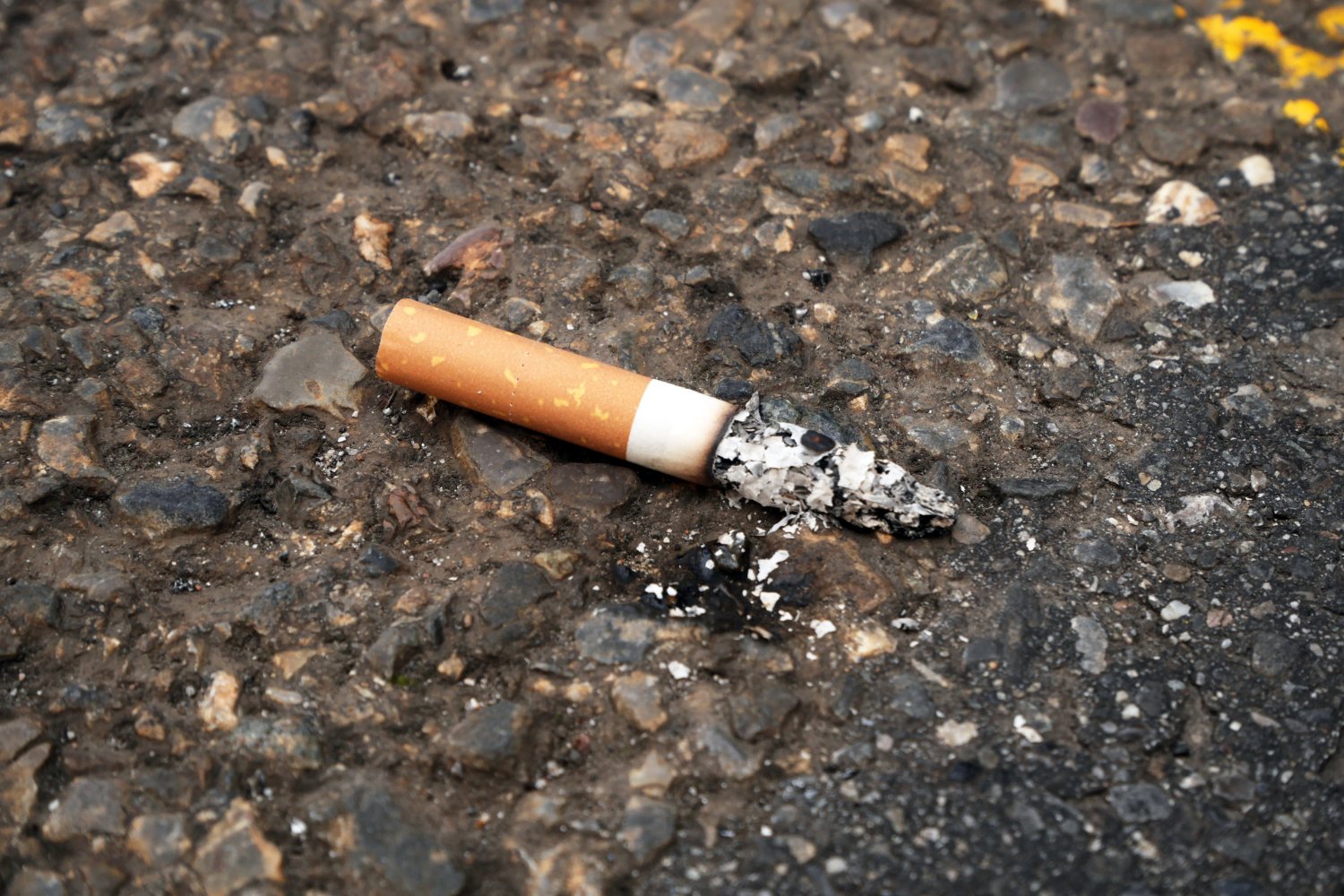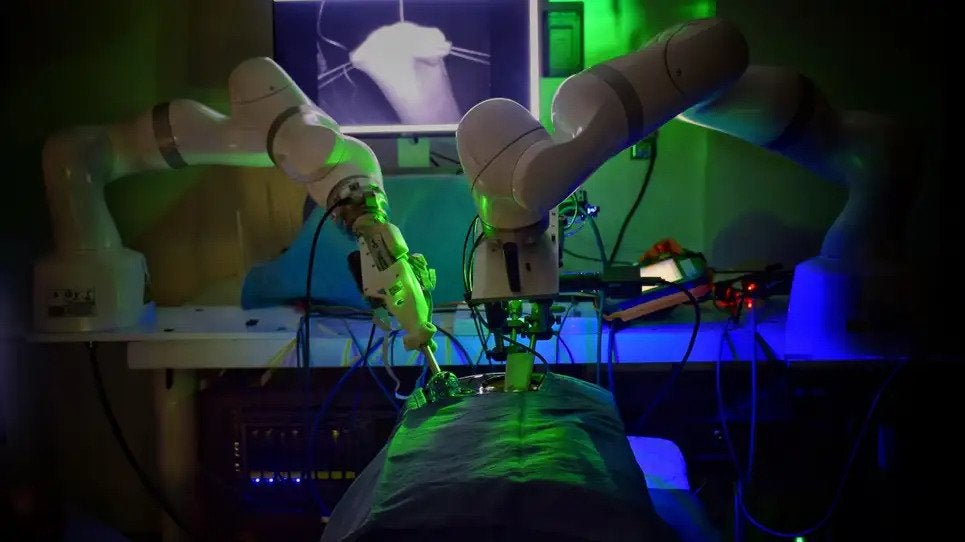The antioxidant resveratrol, which is found in red wine and other foods like nuts and soy, is known for its ability to decrease incidence of heart disease and other illnesses, leading some to call it the “elixir of youth.” Researchers at the Scripps Research Institute now have an explanation for how it works.
Resveratrol (prounounced rez-veer-a-trole) is an organic compound found in grapes and other foods, but especially red wine. The effects of this chemical on human health have been disputed over the years, but it has been reported to extend lifespan, provide cardiovascular, anti-diabetic, and anti-cancer effects. Scientists have argued for years about how it works, but a team from SRI now claims that resveratrol activates an evolutionary defence mechanism in human cells — one that in turn protects the integrity of our DNA.
Steve Connor from The Independent reports:
“This stress response represents a layer of biology that has been largely overlooked, and resveratrol turns out to activate it at much lower concentrations than those used in prior studies,” said Professor Paul Schimmel of the Scripps Research Institute in La Jolla, California, who led the study published in the journal Nature.
The researchers found that resveratrol mimics a naturally occurring amino acid called tyrosine, which normally binds to one of a family of enzymes that are thought to have evolved many hundreds of millions of years ago when life existed as simple microbes.
One of these enzymes, known as TyrRS, becomes activated when resveratrol binds to it. This causes the enzyme to move into the cell nucleus where it helps to protect the DNA of the chromosomes against genetic damage, the scientists suggested.
The study found that when the TyrRS enzyme enters the cell nucleus it activates a host of protective genes including an anti-cancer gene called p53, which suppresses tumours, and the so-called “longevity” genes implicated in extending lifespans and combating age-related illnesses.
Remarkably, even small does of resveratrol can activate this ancient response. This means that moderate consumption of red wine — like two glasses — should “give a person enough” of the compound “to evoke a protective effect via this pathway.”
Of course, the detrimental health effects of alcohol have to be offset against these positive benefits, but that’s another story.
Fascinatingly, the reason for resveratrol’s awesome health benefits may have to do with its ability to do the same thing in plants. The compound is thought to protect grapes from fungal attack.
Read the entire post at The Independent. And check out the scientific study at Nature.
Image: Africa Studio/Shutterstock













